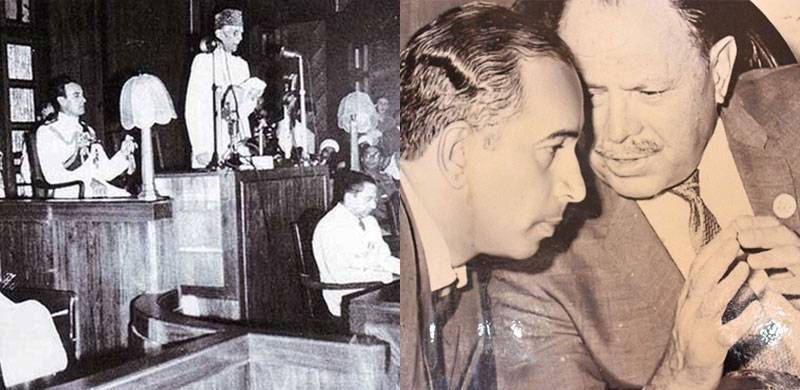
I was in my room feeling cold while looking at news that the country has been hijacked by some mullahs to protest against the Supreme Court decision to acquit Aasia Masih in a blasphemy case. The lady who was behind the bars in solitary confinement for 9 long years was finally been able to get justice. That led me to question the direction Pakistan is moving into. What’s the identity of my nation? In this piece, I will try to look at Pakistan historically to answer my curiosity.
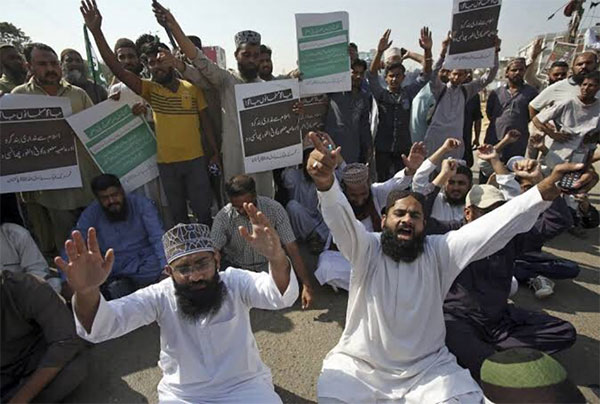
On 11th of August, 1947 Quaid-e-Azam’s first speech as Governor General of Pakistan provided us with a glimpse of the direction we would want to follow as a nation. While Mr Jinnah talked about law and order, bribery, black-marketing, corruption and nepotism to name a few, his most impactful part of the speech was when he outlined Pakistani state's future course as he envisioned it. Jinnah said, “You are free; you are free to go to your temples, you are free to go to your mosques or to any other place or worship in this State of Pakistan. You may belong to any religion or caste or creed that (religion) has nothing to do with the business of the State”.
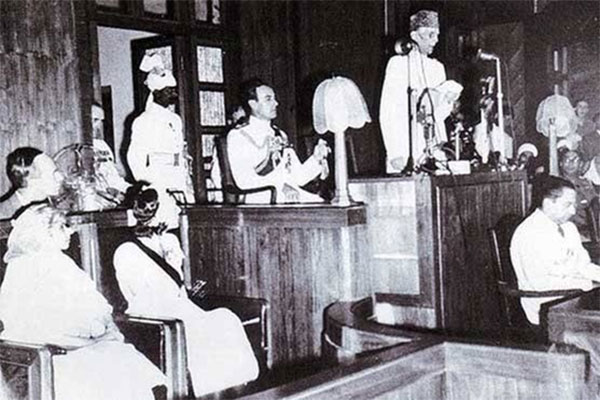
These words of Jinnah forced me to consider the case of an alternative history. What if Jinnah had lived more than what he did? His words could have evolved into a legal legislative constitutional body and they would have defined our nationhood and identity.
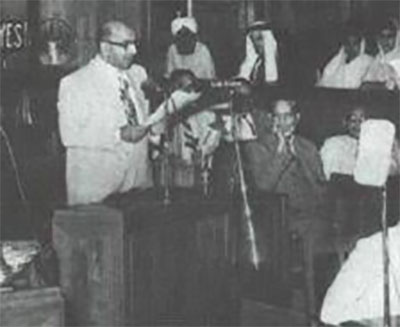
It was March 7 of 1949 when Prime Minister Liaquat Ali Khan presented Objectives Resolution in Legislative Assembly which eventually passed on March 12. Objectives Resolution indicates that Pakistan would have an ‘Islamic constitution’, but that was the biggest setback because there’s no one interpretation to what an Islamic constitution really is.
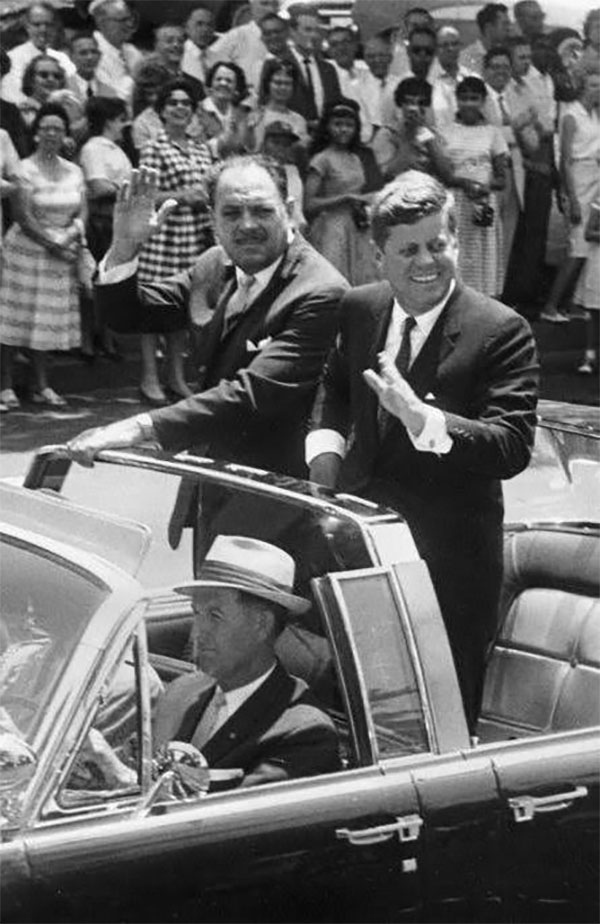
Then we take a look at Ayub Khan’s era. It is often termed the “best economic phase” for Pakistan as our industrialisation rate was 13.5 percent, second only to Japan. South Korea also adopted our model of industrialisation. Our economy was on the high ride and our middle-class was prospering. Then came the war of 1965 against India; some historians wrote that it was Zulfikar Ali Bhutto who convinced Ayub Khan for the war, others said that it was Ayub’s own doing while still others believed that it was the result of 1962 war between India and China which led Ayub into believing that India was weak and fragile and thus it was time to exploit this knocking-on-the-door opportunity.
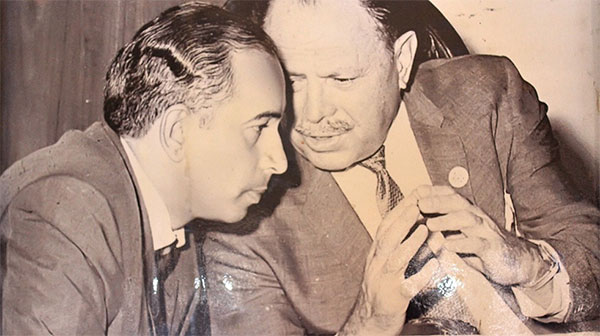
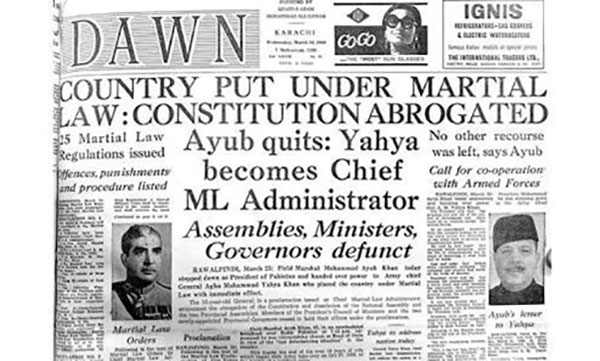
Whatever the reason, Pakistan suffered heavily from the war as it led to the demise of Ayub's popularity and that of Pakistan’s ‘shining economy’. Most prominent thing after the war was the birth of a new leader, Zulfikar Ali Bhutto, who you all know is still alive in some parts of Pakistan. Bhutto claimed that “war that we were winning on the field was lost on the table”, which without any doubt was a nonsensical statement but most people bought the rhetoric and it resulted in the formation of Pakistan People’s Party (PPPP). On 25 March, 1969, after protests of student unions across Pakistan that continued for months, Ayub Khan decided to throw in the towel and handed power to General Yahya Khan, who imposed second martial law of the country.
And thus was lost the sole chance of Pakistan turning into a modern economy. No government after Ayub would be able to embark on an industrialisation project as ambitious as his.

People protesting against Supreme Court’s decision
On 11th of August, 1947 Quaid-e-Azam’s first speech as Governor General of Pakistan provided us with a glimpse of the direction we would want to follow as a nation. While Mr Jinnah talked about law and order, bribery, black-marketing, corruption and nepotism to name a few, his most impactful part of the speech was when he outlined Pakistani state's future course as he envisioned it. Jinnah said, “You are free; you are free to go to your temples, you are free to go to your mosques or to any other place or worship in this State of Pakistan. You may belong to any religion or caste or creed that (religion) has nothing to do with the business of the State”.

Mr.Jinnah Delivering His Speech On 11th August 1947
These words of Jinnah forced me to consider the case of an alternative history. What if Jinnah had lived more than what he did? His words could have evolved into a legal legislative constitutional body and they would have defined our nationhood and identity.

Liaquat Ali Khan presenting Objectives Resolution in the Legislative Assembly
It was March 7 of 1949 when Prime Minister Liaquat Ali Khan presented Objectives Resolution in Legislative Assembly which eventually passed on March 12. Objectives Resolution indicates that Pakistan would have an ‘Islamic constitution’, but that was the biggest setback because there’s no one interpretation to what an Islamic constitution really is.

President Ayub Khan with President Of United States John F Kennedy in Washington
Then we take a look at Ayub Khan’s era. It is often termed the “best economic phase” for Pakistan as our industrialisation rate was 13.5 percent, second only to Japan. South Korea also adopted our model of industrialisation. Our economy was on the high ride and our middle-class was prospering. Then came the war of 1965 against India; some historians wrote that it was Zulfikar Ali Bhutto who convinced Ayub Khan for the war, others said that it was Ayub’s own doing while still others believed that it was the result of 1962 war between India and China which led Ayub into believing that India was weak and fragile and thus it was time to exploit this knocking-on-the-door opportunity.

Foreign Minister Zulfikar Ali Bhutto with President Ayub Khan

Dawn: Ayub Khan resigned and handed power to Yahya Khan
Whatever the reason, Pakistan suffered heavily from the war as it led to the demise of Ayub's popularity and that of Pakistan’s ‘shining economy’. Most prominent thing after the war was the birth of a new leader, Zulfikar Ali Bhutto, who you all know is still alive in some parts of Pakistan. Bhutto claimed that “war that we were winning on the field was lost on the table”, which without any doubt was a nonsensical statement but most people bought the rhetoric and it resulted in the formation of Pakistan People’s Party (PPPP). On 25 March, 1969, after protests of student unions across Pakistan that continued for months, Ayub Khan decided to throw in the towel and handed power to General Yahya Khan, who imposed second martial law of the country.
And thus was lost the sole chance of Pakistan turning into a modern economy. No government after Ayub would be able to embark on an industrialisation project as ambitious as his.
